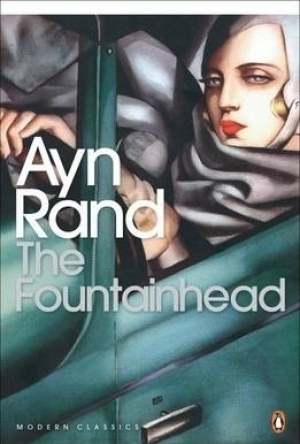
The Fountainhead
Book
Her first major literary success, Ayn Rand's The Fountainhead is an exalted view of her Objectivist...
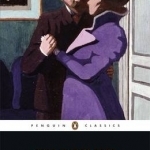
The Good Soldier: A Tale of Passion
David Bradshaw and Ford Madox Ford
Book
Ford Madox Ford's extraordinary novel of passion and betrayal, The Good Soldier, is edited with an...

The Little Demon
Ronald Wilks, Fyodor Sologub and Pamela Davidson
Book
A dark classic of Russia's silver age, this blackly funny novel recounts a schoolteacher's descent...
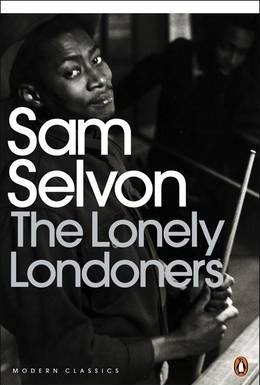
The Lonely Londoners
Samuel Selvon and Nasta Susheila
Book
Both devastating and funny, The Lonely Londoners is an unforgettable account of immigrant experience...
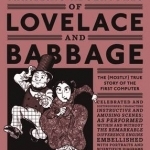
The Thrilling Adventures of Lovelace and Babbage: The (Mostly) True Story of the First Computer
Book
'So impossibly funny, clever, demented, charming and altogether wonderful that I was a convert...
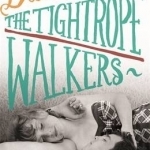
The Tightrope Walkers
Book
The Tightrope Walkers by David Almond - a novel of young love and tragedy from the prizewinning...

The Waves
Book
A formally innovative work of modernist fiction, Virginia Woolf's The Waves is edited with an...
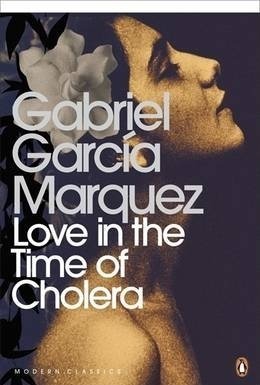
Love in the Time of Cholera
Book
A poignant meditation on the nature of desire, and the enduring power of love, Gabriel Garcia...
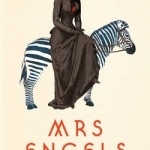
Mrs Engels
Book
Longlisted for the Guardian First Book Award Love is a bygone idea, centuries-worn. There are things...
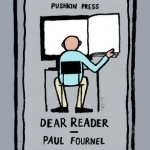
Dear Reader
Paul Fournel, David Bellos and Jean Jullien
Book
Old-school publisher meets e-reader: chaos ensues There's a lot of good to be said about publishing,...